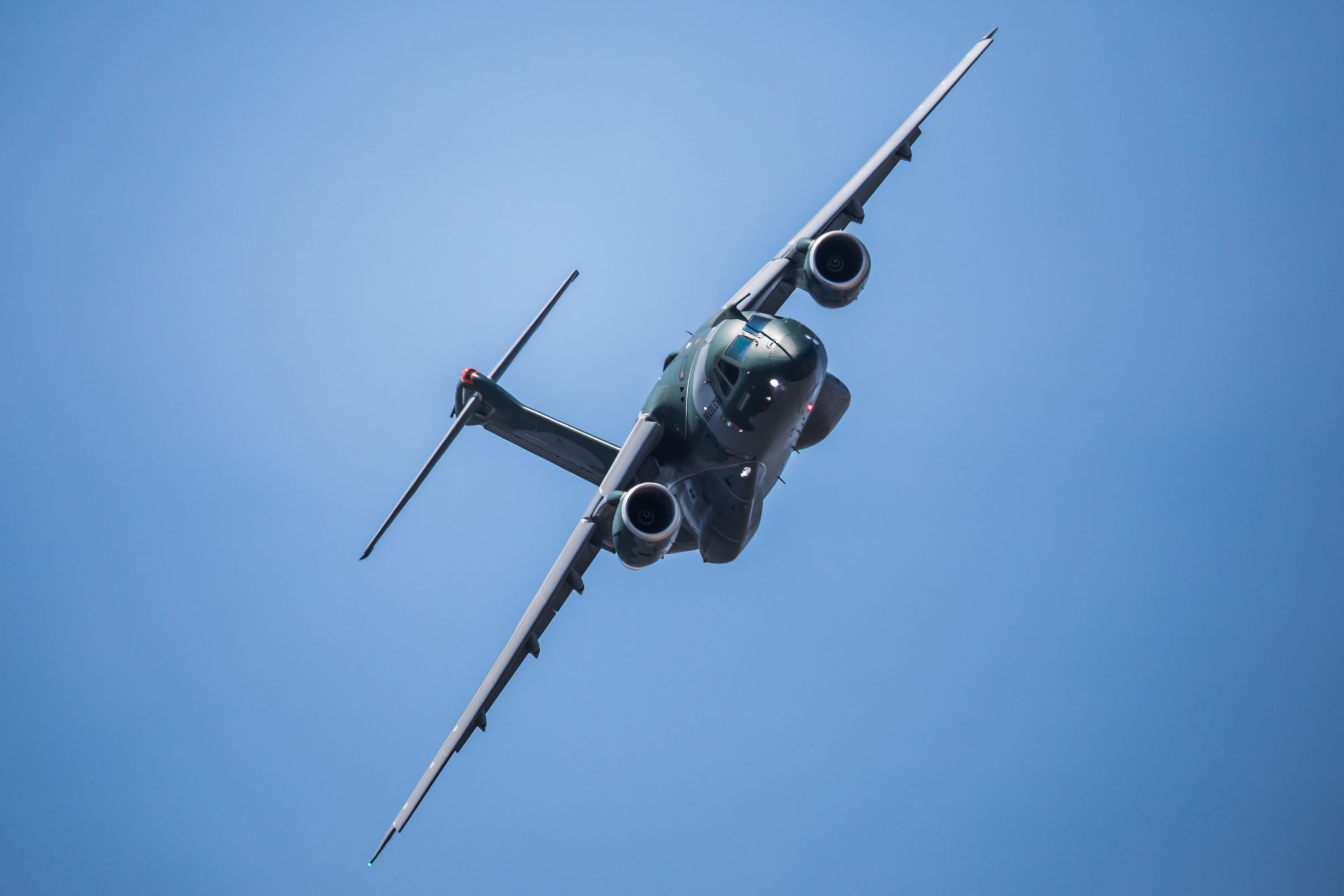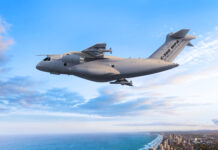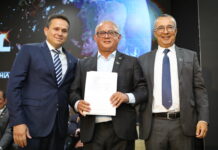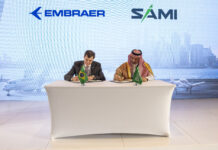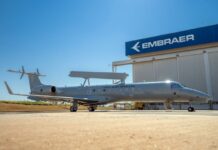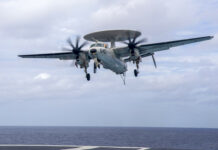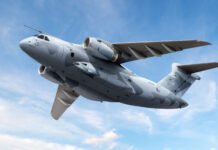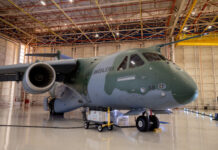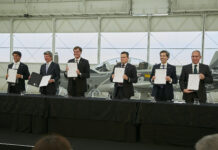One of the longest-lived programmes for intellectual and technological development in Brazil, the Embraer Engineering Specialisation Programme, has reached its 20th anniversary.
Conceived from a strategic vision to accelerate the learning process for recently graduated professionals in various areas of engineering to work in aeronautical technologies, the programme combines a professional master’s degree from Brazil’s Aeronautics Institute of Technology (ITA) with a course to prepare engineers to work in multidisciplinary teams at Embraer. The programme includes courses taught by ITA professors, experienced company professionals and hired consultants.
Over two decades, the Engineering Specialisation Programme has been constantly evolving to adapt the specialisation of professionals to the needs and challenges of the company. More recently the programme has also started to cover courses such as Industry 4.0, Data Science and Project Prototyping in 3D Printer, among others. More than 1,600 professionals have already gone through the programme that has become the main gateway for engineers who want to work at Embraer.
The innovative programme has provided the company with greater availability of highly qualified professionals, aligned with the business growth strategies in recent decades. At the same time, the initiative’s success balanced directing the training of people, according to the needs of technological readiness, vision of the future and planning for the natural replacement of company professionals.
Engineering Specialisation Programme Structure
The first class took place on 19 March 2001 at the Embraer Unit in Eugênio de Melo, in São José dos Campos, in the interior of São Paulo, using purpose built facilities built especially for this educational purpose.
The learning methodology has, among other differentials, teaching through strategy with the use of prototyping that encourages groups to make tangible solutions created for real problems, analysed while developing a collaborative project. In the final phase of the programme, participants must work as a team to develop an aeronautical product concept that meets the requirements of a proposed challenge, seeking a technically and economically viable solution.
Additionally, the programme has reinforced the development of personal skills related to attitudes, behaviours and emotional intelligence that promote:
- teamwork
- flexibility
- communication
- leadership
- empathy
These are in addition to other emotional and behavioural skills that are equally important in the work environment.
Each class receives more than 3,000 hours of theoretical and practical training on a full-time basis. The annual investment is in the order of R$5M. On average, the selection process receives around five thousand applications. The number of vacancies is variable and follows the company’s future strategic need.
Jack Richardson


